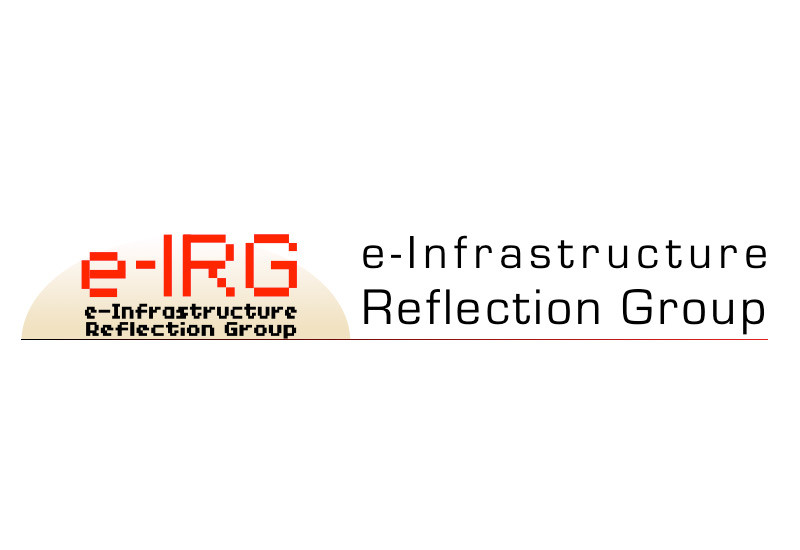e-IRG to publish new policy document on National Nodes

27 September 2019
The e-Infrastructure Reflection Group (e-IRG) has officially published a new policy document titled “National Nodes – Getting organised; how far are we?” .The aim is to present a representative picture of the European e-Infrastructure landscape at its current state and to provide, on the basis of this analysis, a number of recommendations on how to efficiently implement the e-Infrastructure Commons in the form of the European Open Science Cloud (EOSC).
The focus of the National Nodes document is to analyse how the complex landscape of generic and discipline-specific e-Infrastructures is built today and to provide recommendations on how it can be further developed to fulfil the expectations on the future collaborative European e-Infrastructure system. e-IRG advocates an interoperable, federated ecosystem of domain-specific, vertical Research Infrastructures and generic, horizontal e-Infrastructures at national level in first instance, which will facilitate their federation at European level, such as in the form of the European Open Science Cloud. As such, this e-IRG policy document addresses the role of the national nodes - including their coordination with the thematic ones - in the implementation of the e-Infrastructure Commons and its instantiation as the European Open Science Cloud.
Arjen van Rijn, one of the co-chairs of the National Nodes Working Group, stated: “This document does not come in isolation. It is a follow-up to the e-IRG work which resulted in the ‘Roadmap 2016 - Recommendations to national governments and funding agencies’; the e-IRG response to the EOSC Staff Working Document (SWD) in 2018; and the May 2018 Council Conclusions on EOSC. The latter encourages Member States to ‘get organized so as to prepare them for the connection to EOSC’ and notes that the EC should use e-IRG among others for this purpose. The new publication complements the e-IRG philosophy to implement the e-Infrastructure Commons within the concept of the European Open Science Cloud, that is now taking shape.”
All of the 32 Member States and Associated Countries represented in e-IRG were asked to provide information about their generic national e-Infrastructure organisations, the coordination mechanisms among these, their governance, how these e-Infrastructures are funded, their access policies, and their coordination with domain-specific e-Infrastructures. As of May 2019, a total number of 28 e-IRG Member States have submitted responses with varying levels of detail, corresponding to approximately 93% of the 32 countries represented in e-IRG, including 27 Member States and 5 Associated Countries, and 60% of all 44 EU Member States and Associated Countries.
The e-IRG survey has delivered one of the first comprehensive descriptions of the e-Infrastructure field in European countries. The presented landscape analysis of national e-Infrastructures shows that although there are vast differences among e-IRG member countries, there are some clear trends that are already in line with the recommended actions towards the e-Infrastructure Commons.
e-IRG Chair Gabriele von Voigt stated: “The European Open Science Cloud will only turn out to be a success on the condition that all the countries in Europe will follow the right track of EOSC. The e-IRG National Nodes document is a very important step in this ongoing process.”
The National Nodes policy document shows that in order to reach the goals of the EOSC, most of the resources need to be mobilised at the national level. This is why e-IRG considers it of the utmost importance to reach strong national e-Infrastructure coordination, because the EOSC will be most likely the federation of national and thematic Open Science Clouds.
The National Nodes document can be downloaded from the e-IRG website at http://e-irg.eu/catalogue/eirg-1006
About e-Infrastructure Reflection Group: e-IRG is a strategic body to facilitate integration in the area of European e-Infrastructures and connected services, within and between member states, at the European level and globally. The mission of e-IRG is to support both coherent, innovative and strategic European e-Infrastructure policymaking and the development of convergent and sustainable e-Infrastructure services.
